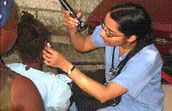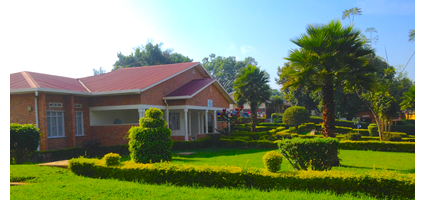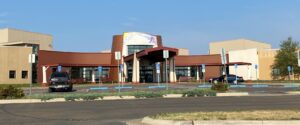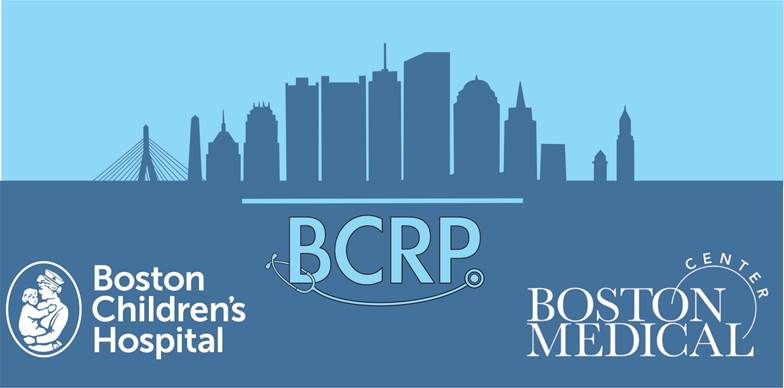Global Health Electives

Residents have elective time in their second and third years, during which they can pursue clinical rotations at international sites. Our goal is that all residents interested in global health rotations will receive preparation and support to facilitate their participation in elective rotations in resource limited settings that are educational, safe, and responsive to their host communities. The purpose of these rotations is to teach residents about health care in an under-resourced setting with a focus on improving their knowledge about major causes of global pediatric morbidity and mortality, improving clinical skills, and increasing residents’ understanding of how culture, ethics, policies and health systems can affect pediatric health. Housestaff may take advantage of several established partnerships or they may arrange rotations or research projects at other sites with faculty mentorship. A database of institutional, regional and national grants is available to assist residents with funding. The more established programs are described here, however there are a wide variety of partnerships that BCH faculty are engaged in and may provide additional opportunities for residents. The BCRP can only arrange global health rotations for current BCRP residents.
Rwanda

Program: University of Rwanda Pediatrics Dept
Site:Centre Hospitalier Universitaire de Kigali (CHUK; University Teaching Hospital of Kigali), Kigali, Rwanda
Minimum Time: 3-4 weeks
Activities: Residents work alongside pediatric faculty from Rwanda or US faculty with the Rwanda Human Resources for Health Program as well as residents, medical students and staff in the main tertiary referral hospital for the country. Residents can choose between the pediatric emergency dept (through which almost all admissions come) and Inpatient wards. The wards include a high dependency unit, a 3-bed PICU with ventilators, a NICU (without ventilators), and general wards including oncology, cardiology, malnutrition, chronic and surgical wards.
Cost: Plane ticket, lodging, $200 administrative fee
Language: No requirement, French is helpful but all education is conducted in English
Contact: Kim Wilson and Samantha Rosman at Boston Children’s Hospital.
Tanzania

Program: Muhimbili University Pediatrics Dept
Site: Muhimbili National Hospital, Dar es Salaam, Tanzania
Minimum Time: 3-4 weeks
Activities: Residents work alongside pediatric faculty, residents and staff in a large department that serves as a referral center for the country. They can choose to work in subspecialty clinics, the acute care ward, general ward, NICU, or the diarrhea ward. They can also focus on research or quality improvement projects, and enhancing education.
Cost: Plane Ticket, lodging, $200 administrative fee
Language: No requirement
Contact: Christiana Russ at Boston Children’s Hospital
Indian Health Services

Program: Indian Health Services Pediatric Program
Site: Cheyenne River, Eagle Butte, South Dakota
Minimal Time: 1 month
Activities: The pediatric rotation includes mostly outpatient urgent care and primary care visits. Residents may also observe numerous community-based healthcare initiatives, including school visits. This is a unique opportunity to work with a medically underserved community with a distinctive culture while gaining outpatient primary care and public health perspectives.
Language: No requirement
Contact: Shela Sridhar at Boston Children’s Hospital
Pictures of Housestaff on International Rotations and Electives



